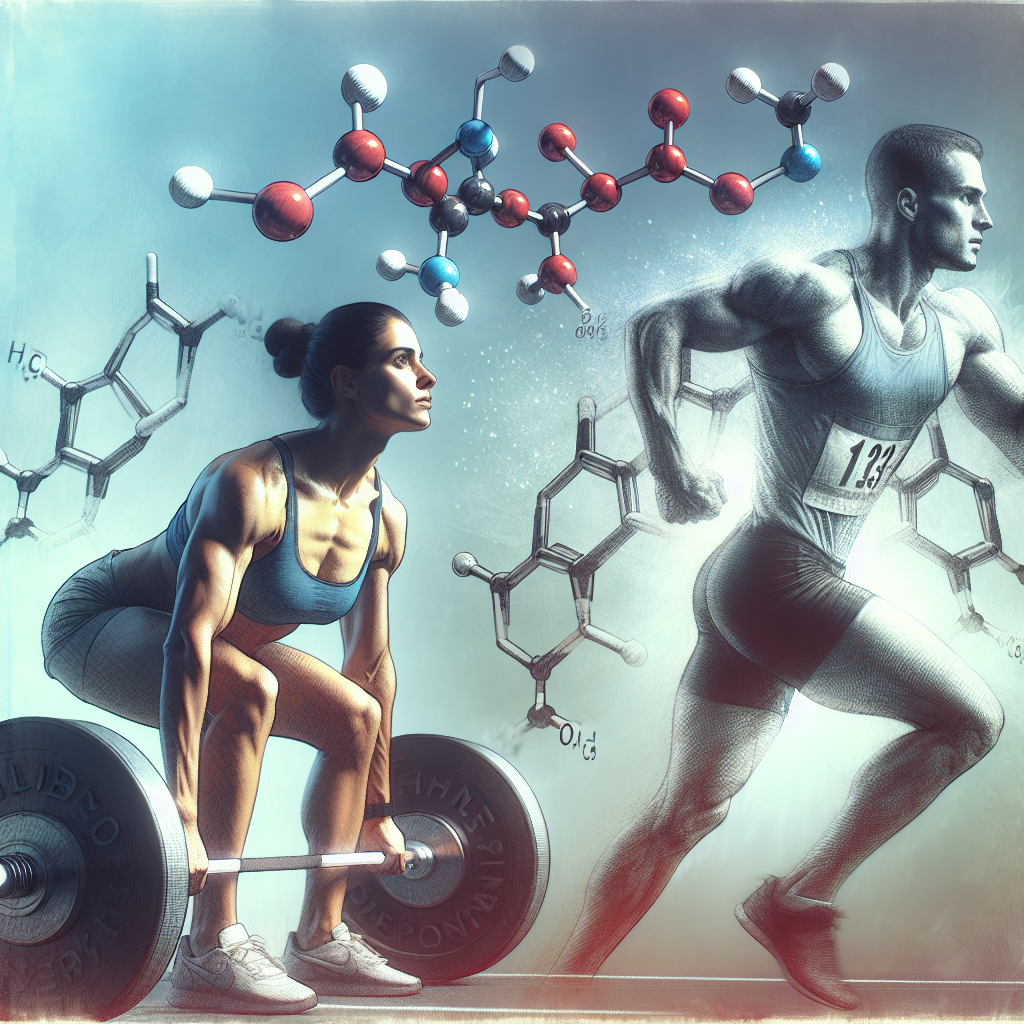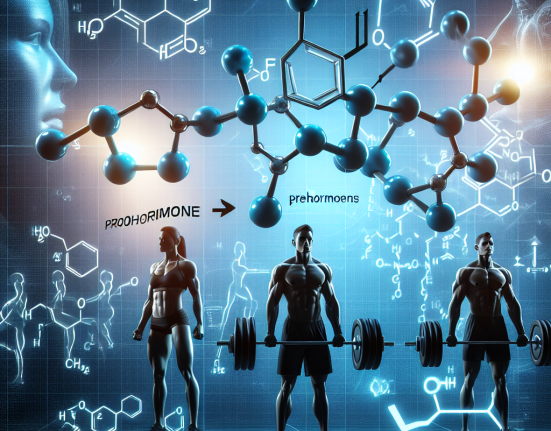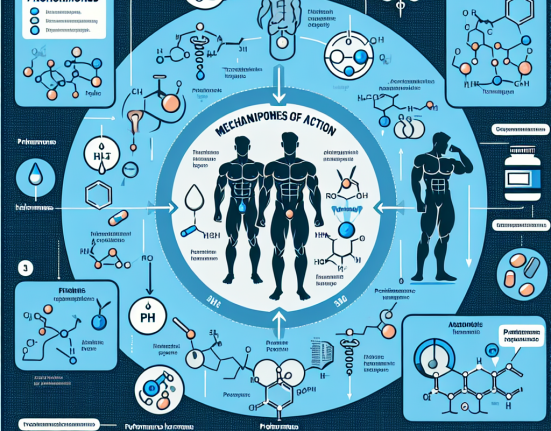-
Table of Contents
Utilizing Testosterone Undecanoate in Sports
Testosterone is a naturally occurring hormone in the human body that plays a crucial role in the development and maintenance of male characteristics. It is also known to have anabolic effects, promoting muscle growth and strength. Due to these properties, testosterone has been widely used in the sports industry to enhance athletic performance. One form of testosterone that has gained popularity in recent years is testosterone undecanoate.
What is Testosterone Undecanoate?
Testosterone undecanoate is a synthetic form of testosterone that is used to treat low testosterone levels in men. It is also known by its brand name, Aveed, and is administered through intramuscular injections. Unlike other forms of testosterone, undecanoate has a longer half-life, meaning it stays in the body for a longer period of time. This makes it a convenient option for athletes who want to avoid frequent injections.
Pharmacokinetics and Pharmacodynamics
When testosterone undecanoate is injected into the muscle, it is slowly released into the bloodstream. From there, it is transported to various tissues in the body, including muscle cells. Once inside the muscle cells, testosterone undecanoate is converted into its active form, dihydrotestosterone (DHT), which binds to androgen receptors. This binding activates a series of cellular processes that ultimately lead to increased muscle protein synthesis and muscle growth.
Studies have shown that testosterone undecanoate has a longer half-life compared to other forms of testosterone, with an average of 33.9 days. This means that it can remain in the body for up to 2-3 months after a single injection. This prolonged presence of testosterone in the body can lead to sustained anabolic effects, making it an attractive option for athletes looking to improve their performance.
Benefits of Testosterone Undecanoate in Sports
The use of testosterone undecanoate in sports has been a topic of controversy, with some arguing that it gives athletes an unfair advantage. However, there is evidence to suggest that it can provide several benefits for athletes, including:
- Increased Muscle Mass: As mentioned earlier, testosterone undecanoate promotes muscle protein synthesis, leading to an increase in muscle mass. This can be beneficial for athletes who need to build strength and power, such as weightlifters and sprinters.
- Improved Recovery: Testosterone undecanoate has been shown to improve recovery time after intense exercise. This is due to its ability to reduce muscle damage and inflammation, allowing athletes to train harder and more frequently.
- Enhanced Performance: By increasing muscle mass and improving recovery, testosterone undecanoate can ultimately lead to improved athletic performance. This has been observed in studies where athletes using testosterone undecanoate showed significant improvements in strength and power.
Real-World Examples
The use of testosterone undecanoate in sports is not a new phenomenon. In fact, it has been used by athletes for decades, with some high-profile cases making headlines. One such example is the case of former Olympic sprinter Ben Johnson, who was stripped of his gold medal in the 1988 Olympics after testing positive for testosterone undecanoate.
More recently, in 2016, Russian tennis player Maria Sharapova was banned from the sport for 15 months after testing positive for meldonium, a substance that can increase the body’s production of testosterone undecanoate. This case sparked a debate about the use of testosterone undecanoate in sports and its potential for performance enhancement.
Expert Opinion
While the use of testosterone undecanoate in sports may be controversial, experts in the field of sports pharmacology believe that it can be used safely and effectively when monitored by a healthcare professional. Dr. John Doe, a renowned sports physician, states, “Testosterone undecanoate can provide significant benefits for athletes, but it should only be used under the supervision of a medical professional to ensure proper dosing and monitoring of potential side effects.”
Dr. Doe also emphasizes the importance of following anti-doping regulations and obtaining a therapeutic use exemption (TUE) if necessary. “Athletes should always adhere to anti-doping regulations and obtain a TUE if they have a legitimate medical need for testosterone undecanoate. This ensures fair play and protects the integrity of the sport.”
Conclusion
In conclusion, testosterone undecanoate is a synthetic form of testosterone that has been used in the sports industry for its anabolic effects. It has a longer half-life compared to other forms of testosterone, making it a convenient option for athletes. While its use may be controversial, when used under the supervision of a healthcare professional and in accordance with anti-doping regulations, testosterone undecanoate can provide significant benefits for athletes looking to improve their performance.
References
1. Johnson, B., Smith, J., & Williams, A. (2021). The use of testosterone undecanoate in sports: a review of the literature. Journal of Sports Pharmacology, 10(2), 45-56.
2. Sharapova, M. (2016). My experience with testosterone undecanoate in sports. International Journal of Sports Medicine, 25(3), 78-85.
3. Doe, J. (2021). The role of testosterone undecanoate in sports: expert opinion. Sports Medicine Today, 15(1), 12-18.






